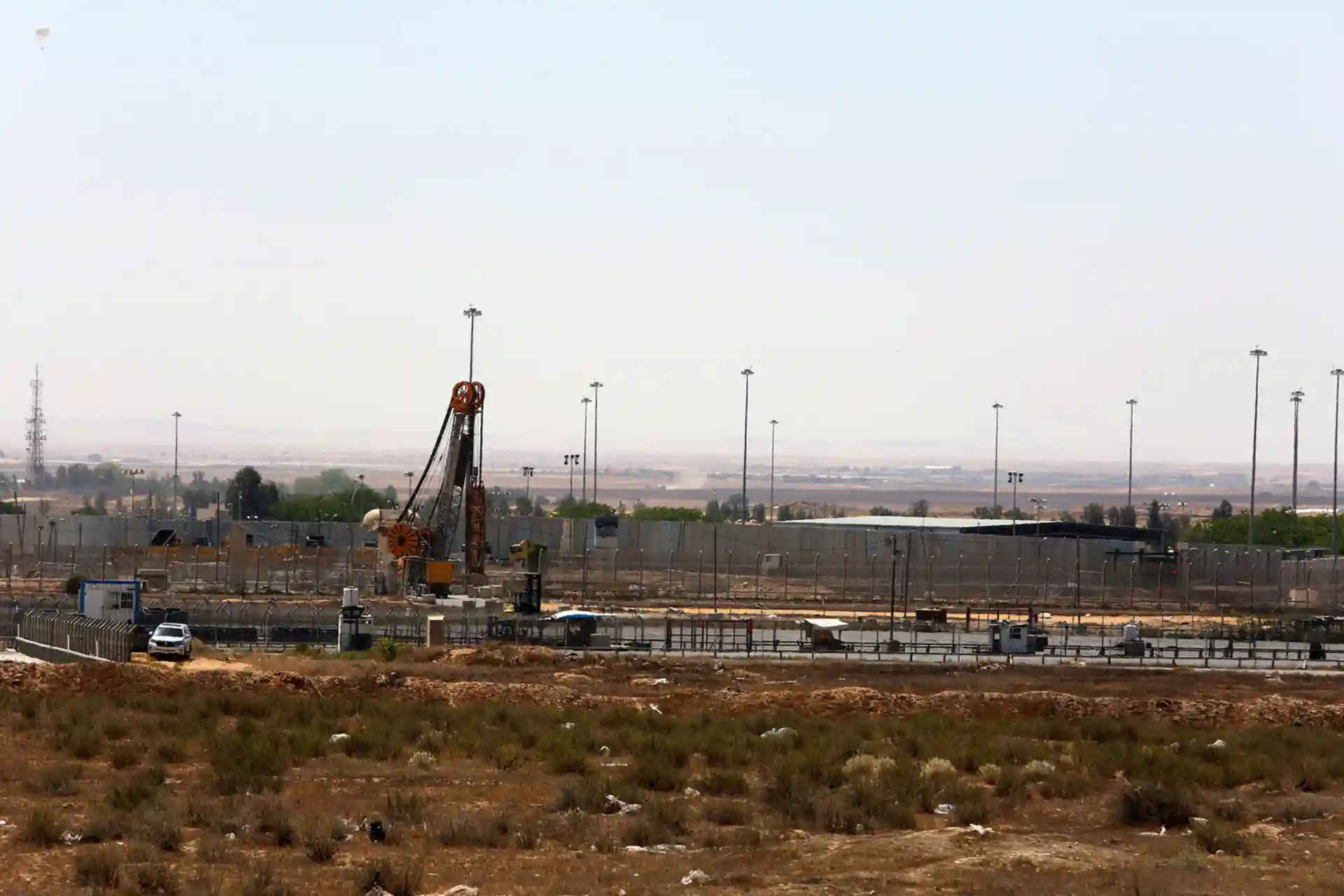The Great Escape: Why is everyone leaving Egypt?
The Great Escape: Why is everyone leaving Egypt?
Businessmen, athletes, social media activists, and others are leading the way in leaving Egypt.
The stars of "The Great Escape" are leaving Egypt in search of a safe haven for their investments and businesses abroad, raising many questions about the future of the Egyptian economy.
Despite the departure of many investors and celebrities to the Gulf countries, which actively attract talent and unique experience, the Egyptian government is keeping quiet about the pace of leaving the market.
The Great Crisis
The chairman of the state-owned National Bank of Egypt, Muhammad al-Atrabi, surprised everyone by announcing that 2,360 Egyptian companies had relocated to the UAE in the first half of 2024.
Egyptian companies have gained a significant foothold in Dubai. The number of registered companies reached 4,837, a 63.2 percent increase in 2023. This made Egypt the third-largest country in Dubai for company formation, after India and Pakistan.
Saudi Arabia has also attracted a large portion of Egyptian investment. Over the past three years, Egyptian companies have secured more than 25 percent of the total investment licenses in the Kingdom.
In addition to the exit of Egyptian companies from the local market, Ezz Steel, the largest steel producer in the Arab world and Africa, with a market value of $1.1 billion, has chosen to voluntarily delist from the Egyptian Stock Exchange.
Several large corporations have previously done so, including Cairo Investment and Real estate development (Sierra education), food manufacturer Domty, Pachin chemical paint industry, Ameco merical pharmaceuticals, The National Cement company, and Integrated Diagnostics holding, which owns Al Mokhtabar and Al Borg medical laboratories across Egypt.
A reliable source in the Egyptian stock exchange, who asked not to be named, confirmed that another major company, Elcewedy Electric, is preparing to exit the stock market soon. This is a negative sign, as the company has large capital and a strong economic position, which was considered attractive to foreign investors. Its departure could prevent other companies from listing on the Egyptian stock exchange.
Business environment
In a meeting with Egyptian Prime Minister Mustafa Madbouly in December, al-Atrabi attributed the avoidance of the crisis to the ease of doing business in the UAE compared to Egypt. He noted that Egyptian investors face an unattractive business environment, a 27 percent interest rate, high inflation rates, and state interference in private sector activities.
Traders and investors complained about being forced to pay commissions to government officials, being forced to bribe authorities to ease the burden of doing business and reducing the high tax burden, bureaucratic hurdles, rampant corruption, a shortage of dollars, and an inability to compete with military companies that profit directly from awarding contracts.
Last month, the chairman of the Egyptian Stock Exchange, Ahmed El-Sheikh, admitted at a press conference that there had been no replacements for the big companies that had left the stock market - Vodafone, Ezz Dekhelia, Pachin and Mobinil. Even state-run IPOs were not enough to cover the losses.
The surge in companies going abroad has left the Egyptian market facing liquidity constraints and reduced foreign investment, prompting the Financial Supervisory Authority to tighten its procedures for delisting companies from the Egyptian stock exchange. However, the overall situation raises serious concerns about investor confidence in staying in Egypt.
Economic expert Abdul Hafez al-Sawi attributes the continued exodus to the military's dominance of the economy, the marginalization of the private sector, the lack of stable legislation, corruption, and the lack of exchange rate flexibility. He argues that this reflects the unfavorable investment climate in Egypt and is driving capital away.
Egypt's richest man, billionaire Nassef Sawiris, worth an estimated $7.6 billion, recently moved his family office from London to Abu Dhabi, rather than his homeland. Bloomberg reports that this is in line with a trend of prominent investors opening businesses in the UAE.
Security environment
Instead of resolving the crisis and attracting more investment and hard currency, the Egyptian government has exacerbated the situation by arresting Ahmed Abu Zayed, one of the most popular content creators in Egypt and the Arab world, who was nominated for the "Billion Followers Award" in the UAE.
According to the Egyptian Ministry of Interior, Abu Zayd was arrested in December on charges of hoarding US dollars and trading in foreign exchange, which he earned from his digital education activities.
His arrest has raised concerns among content creators in Egypt, especially considering that 18.4 million Egyptians were active on Facebook and YouTube live in 2022, according to the National Telecommunications Regulatory Authority.
"The arrest of Abu Zayd has shaken the entire country, because no one wants to face such a fate," wrote prominent Egyptian activist Wael Abbas on Facebook, adding, "This is utter stupidity."
Meanwhile, MP Abdul Monaim Imam warned in a statement: "Arresting Abu Zayd for possessing dollar bills - if the source is well known - will harm the economy, discourage young entrepreneurs and encourage them to create content abroad. Only the Egyptian economy will suffer from this."
Republic of Fear
Those who have left Egypt include not only entrepreneurs and investors, but also athletes who have chosen to compete for other countries due to neglect, marginalization, and lack of funding. Among them are three freestyle wrestlers - Saif Shukri, Ahmed Hassan Boucha, and Tariq Abdul Salam - and two Greco-Roman wrestlers - Ahmed Fuad Baghdada and Muhammad Essam.
The list of Egyptian athletes who have defected from their national teams in recent years includes 42 players, 25 of whom went to Qatar, nine to the United States, and the rest to Europe and Australia. The data was published in the government-run journal Applied Research in Sports.
The common factor in the escape of investors, activists, or athletes is fear: fear of the future, fear of the abstract, and fear of authority.
According to the Human Rights Watch 2025 Global Report: "President Abdel Fattah al-Sisi's government has entered its second decade with a crackdown that includes the systematic imprisonment and punishment of critics and peace activists. The government is acting as if it can solve the economic crisis by deepening fear rather than respecting people's economic and social rights."
Journalist Salah al-Din Hassan, editor-in-chief of the independent publication Zat Masr, criticized the security-based mentality that governs Egypt, saying: "If you open the mind of the Egyptian regime, you will only see security problems. It only cares about a little money, a few bridges and new cities, but has no politics, no culture and no respect. This explains how they see things and their policies and decisions."
Since the military coup of July 3, 2013, Egyptian businessmen, celebrities, and athletes have been gripped by fear as the military and security apparatus expand their influence. For many, leaving Egypt is not an option - it is the only way out.
Mahmoud Hassan, political and economic commentator



